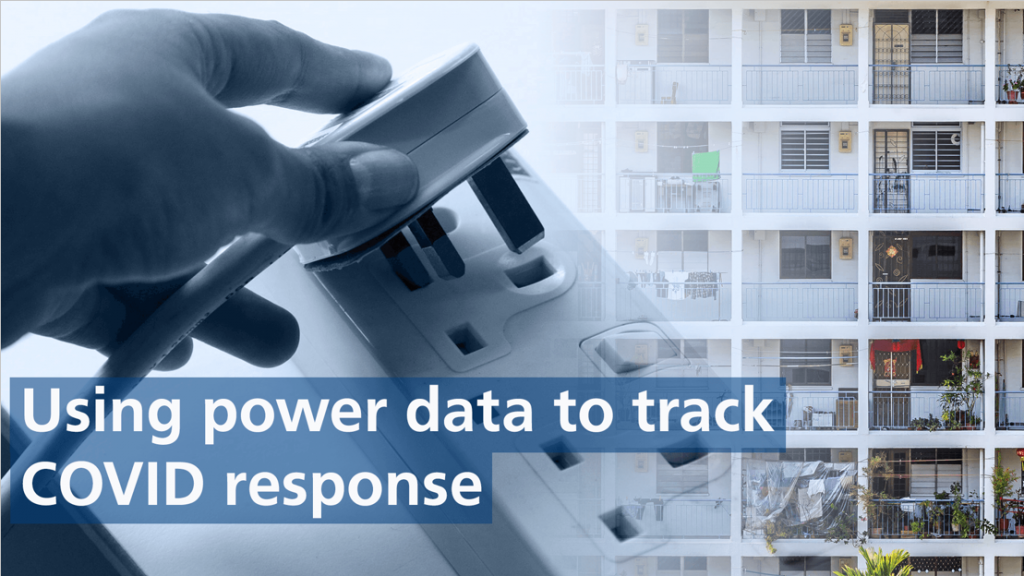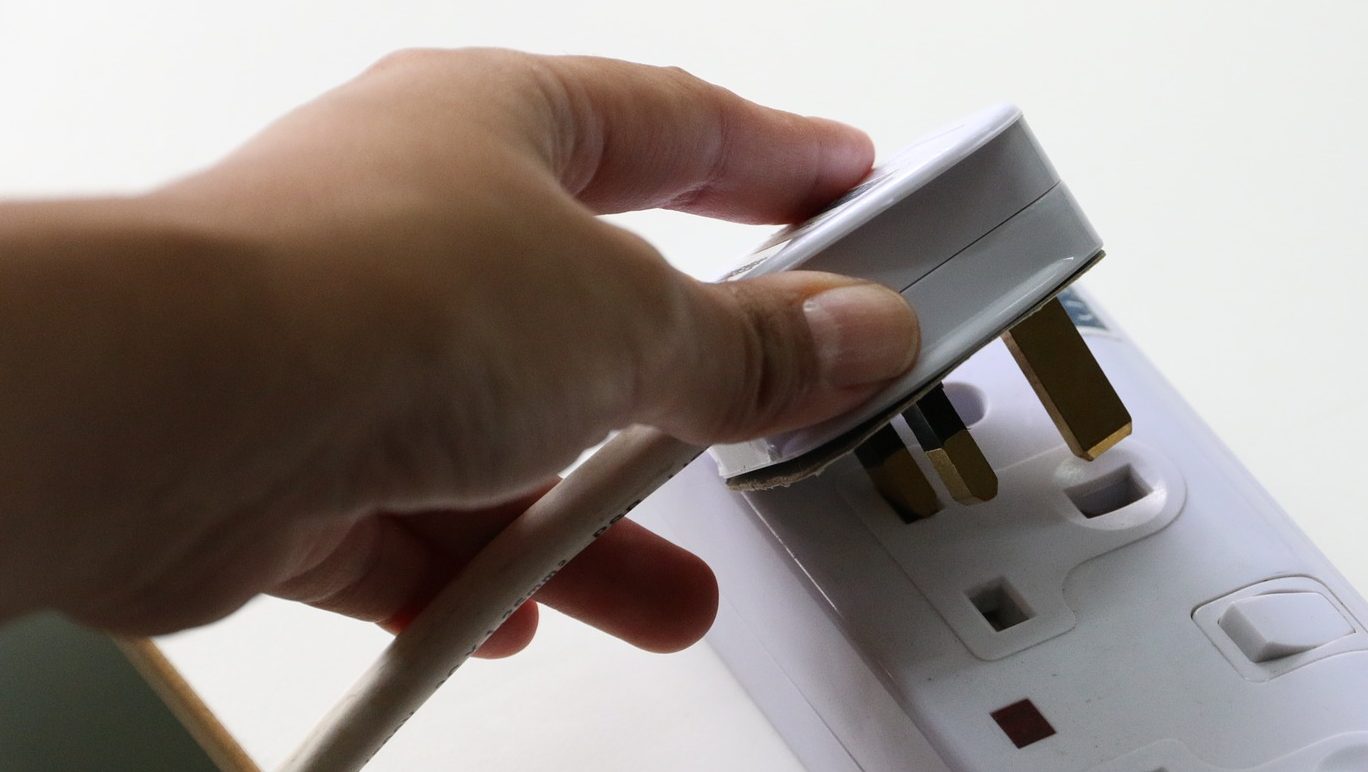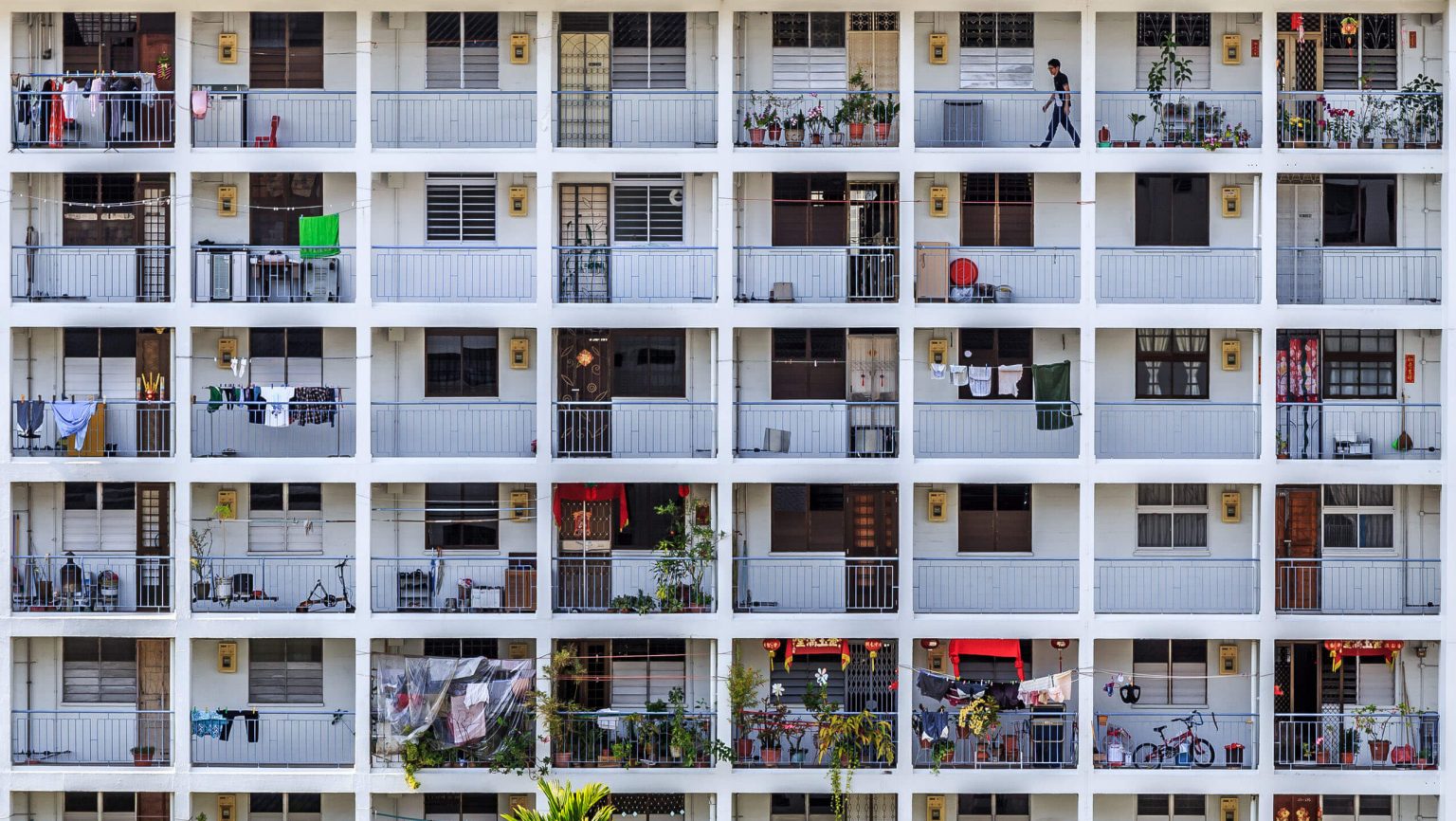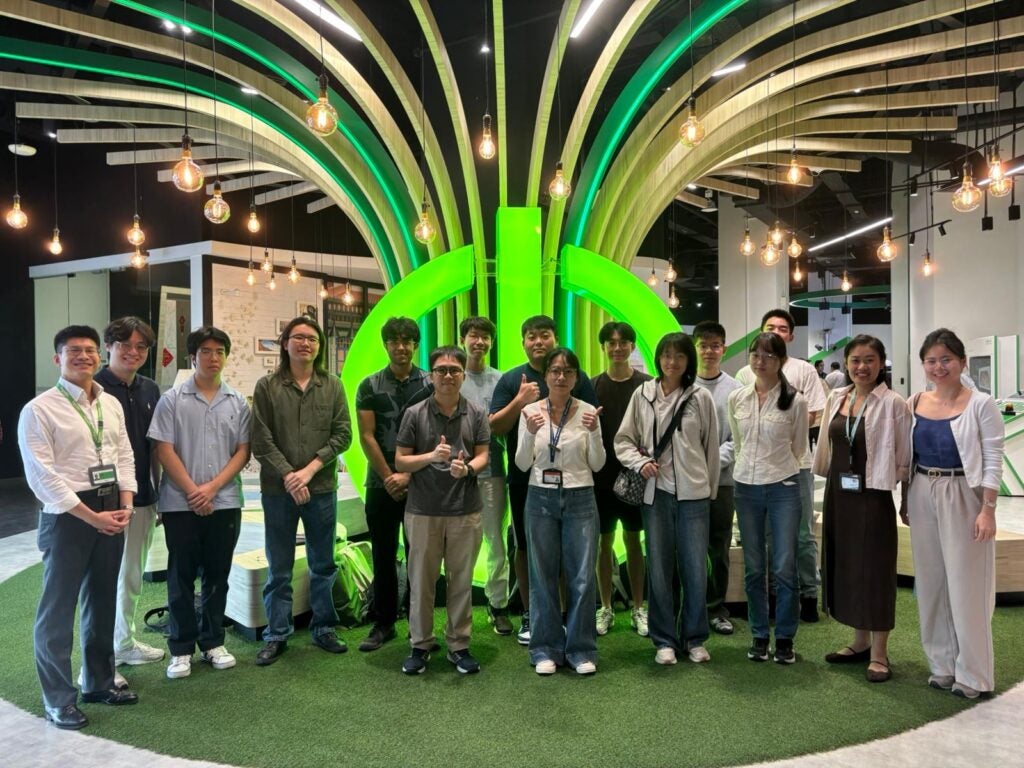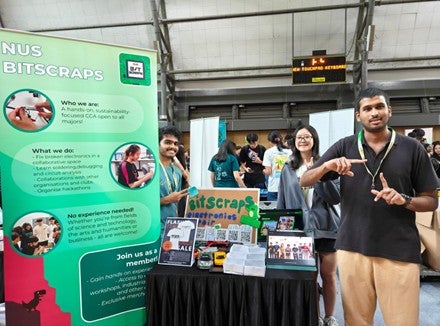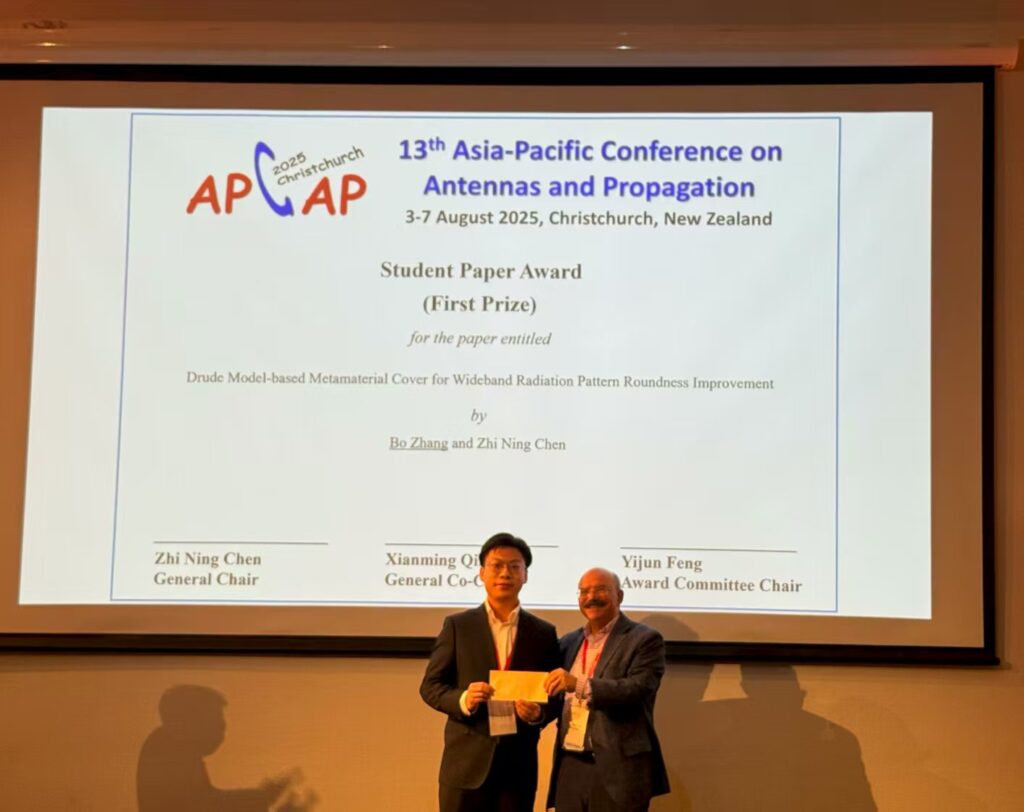A study by two researchers from the NUS Department of Electrical and Computer Engineering has used power consumption data captured by electrical smart meters to track community response during the early stages of the COVID-19 pandemic in Singapore.
From the data the researchers found a widespread proactive response among residents, with most opting voluntarily to stay in where possible to protect themselves, even before a government-mandated lockdown kicked in.
The researchers say their findings show how residential electricity consumption data can be used as an accurate measure of community response during major crises, such as a pandemic. For policymakers, having the ability to accurately and quickly assess a population’s response is key to evaluating the success of public health interventions.
Assistant Professor Jimmy Peng from the NUS Department of Electrical and Computer Engineering, who oversaw the research, heads a team that routinely analyses data on electricity usage, collected using smart energy meters, to use in optimizing power grids.
“We wanted to apply this area of expertise to study pandemic response, as we believe this can support policymakers in assessing the people’s willingness towards embracing risk-reduction behaviours, to design effective public health updates,” he said.
Real-time information
Unlike other social indicators such as surveys, mobile phone and contact-tracing data, information on electrical consumption is objectively measured through smart energy meters and provides information in real time. Because it is not self-reported by users, it is also more accurate as well being more democratic, given that every household has electricity meters.
For their study, the NUS team collected the power usage data of 10,246 households from January to May 2020, across a spectrum of income brackets and residential homes, from single-room flats to bungalows.
Processing the data to remove the influence of weather and higher temperatures on consumption, the resulting figures showed a strong connection between the household peak electrical use, specifically in the evenings, and newly reported COVID-19 cases.
The findings of the study demonstrated that although the government did not implement mobility restrictions prior to the Circuit Breaker, people in Singapore proactively responded to the reports of increasing COVID-19 cases. In particular, the increased electricity consumption suggested that people either stayed in more, or performed more activities at home rather than outside during the evenings.
Lifestyle changes
“Specific to the local context, our study suggests that authorities were indeed effective in persuading the community about the severity of the disease, and the need to effect immediate behavioural and lifestyle changes to tackle it,” explained Dr Gururaghav Raman, a Research Fellow from NUS Electrical and Computer Engineering, and the co-author of the paper.
“What’s interesting is this proactive response was characteristic across all demographics of society. Despite varying levels of affluence and economic means, collectively, Singapore as a nation was willing to take voluntary steps to mitigate risk and exposure to the virus, at least in the evenings, which could also explain the nation’s relative success in controlling the pandemic,” he added.
The NUS team says they hope their study will demonstrate how data from residential electricity consumption can provide policymakers with an accurate and dynamic real-time indicator of population behaviour, especially during times of crises, enabling them to develop more tailored and targeted interventions.
“For example, if we could identify specific demographics that aren’t able to reduce mobility, these communities could then be specifically supported by the vaccination programme or given priority,” said Asst Prof Peng.
“As shown in this study, these numbers are available to us in real-time and is representative of all demographics. This can be very helpful for policymakers in adapting public health measures in an uncertain and unfamiliar terrain.”
The study used data provided by Energy Market Authority Singapore and SP Group; funding was provided by National Research Foundation Singapore through the Future Resilient Systems Programme. The study was first published in the journal Proceedings of the National Academy of Sciences on 24 August 2021
To read the full NUS Press Release, click here


